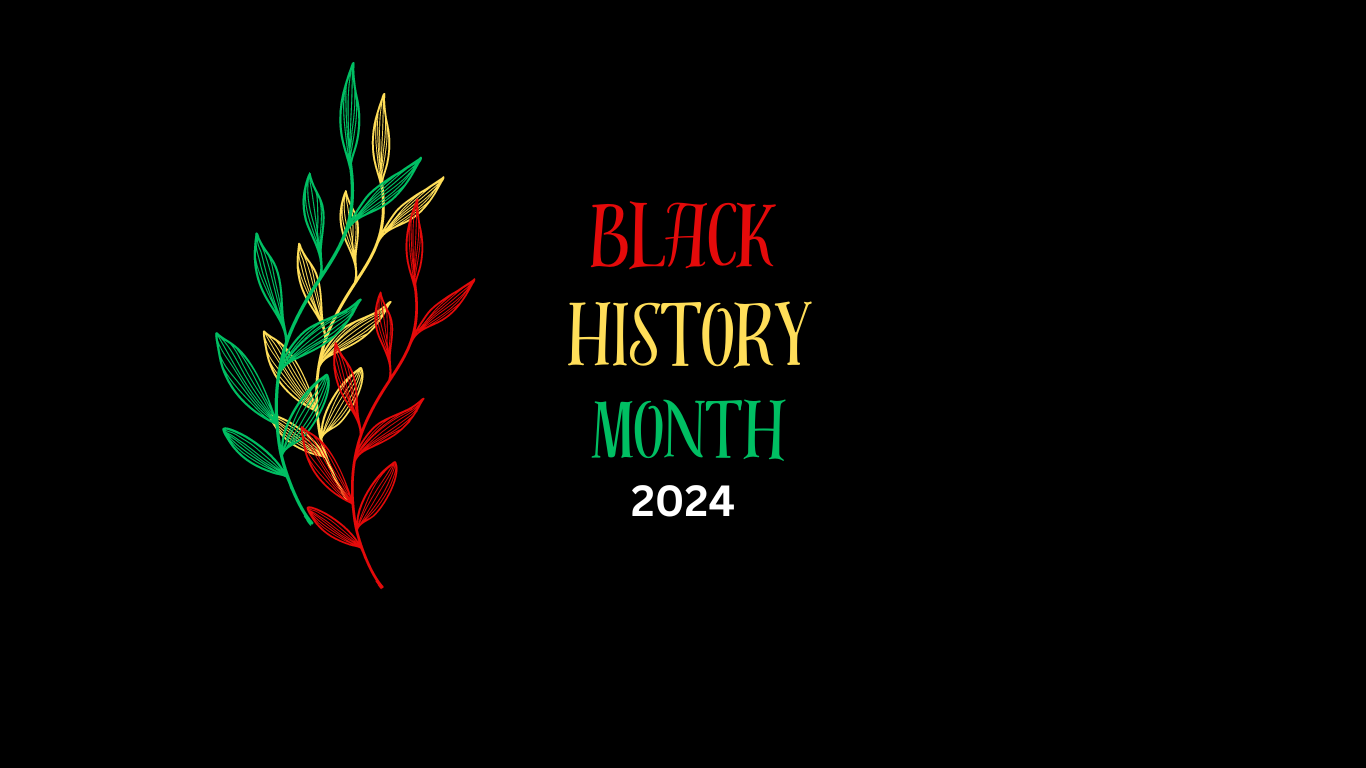As February unfolds, it brings with it a time of reflection, appreciation, and celebration—Black History Month. This annual observance, born from the vision of Dr. Carter G. Woodson, has evolved into a crucial moment to recognize the rich contributions, triumphs, and struggles of the Black community. Understanding why we celebrate when we celebrate, and how we can participate is essential in honoring the significance of Black History Month.
Why Celebrate Black History Month?
Recognition and Visibility:
Black History Month serves as a dedicated period to acknowledge the often overlooked and underestimated contributions of Black individuals to various fields such as science, literature, politics, and the arts.
Empowerment and Inspiration:
By highlighting the achievements of Black leaders, inventors, and pioneers, the celebration instills a sense of pride, empowerment, and inspiration within the Black community and beyond.
Education and Awareness:
Black History Month provides a structured opportunity to educate ourselves and others about the historical context of racial struggles, fostering a deeper understanding of the challenges faced by the Black community.
When and How to Celebrate:
Commemorative Events:
Participate in local events, lectures, and discussions that focus on Black history, offering opportunities to learn, share experiences, and engage in meaningful conversations.
Amplify Black Voices:
Support and elevate Black voices by exploring literature, music, and art created by Black artists. Attend performances, read books, or listen to podcasts that showcase the diversity and richness of Black culture.
Community Engagement:
Get involved in community service initiatives that address issues affecting the Black community. Volunteering and supporting local organizations dedicated to social justice contribute to positive change.
Education Initiatives:
Advocate for inclusive education by encouraging schools and institutions to incorporate diverse perspectives into their curriculum. Promote understanding and empathy through the exploration of Black history.
Reflect and Celebrate Achievements:
Take time to reflect on the achievements and milestones of Black individuals throughout history. Share stories of resilience and success with friends, family, and colleagues.
Conclusion:
Black History Month is not just a calendar event; it is a call to action, a commitment to understanding, and a celebration of diversity. By actively participating in the observance of Black History Month, we contribute to the ongoing journey towards equality, justice, and a world where the stories of every individual are acknowledged and celebrated. Let this month be a catalyst for continuous learning, empathy, and appreciation of the myriad contributions that shape the vibrant tapestry of Black history.



















+ There are no comments
Add yours